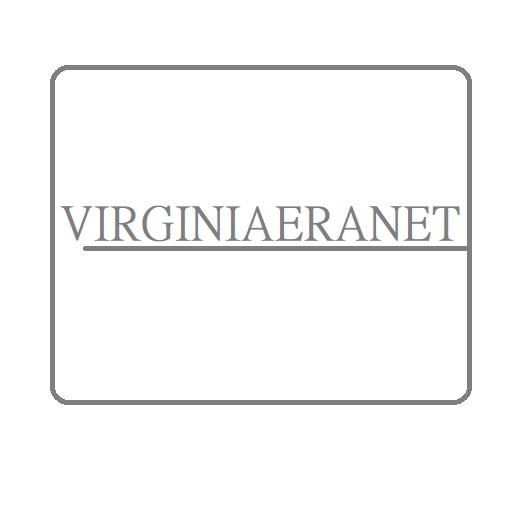
The European Film Awards will be presented on December 10th in Reykjavik, Iceland. Five films compete for the Best Film award, several of which were shortlisted from the Cannes, Berlin and Venice festivals – a preview of the nominees.
“Triangle of Sadness” by Ruben Ostlund
This year’s Palme d’Or at the Cannes Film Festival went to Swede Ruben Östlund for “Triangle of Sadness“. A scathing comedy about the world of the super-rich who are shipwrecked on a cruise and end up on a desert island. In the south of France, we asked the two-time Cannes winner what he loves most about European cinema.
“What I like about European film history is that we’ve always had a very strong focus on social issues, about how to create a better society,” says Ruben Östlund. “Cinema is a tool to try to improve things._And I can’t think of anything more pointless than making films if I don’t want to change something, if I don’t want to make something better. That’s European cinema.”
The special Ruben Ostlund humor is already expressed in the film title: Model Carl, who will later be a passenger on the cruise, has to face a degrading meat inspection in the film, in which he is asked to complete the “Triangle of Sadness”. to relax. This means the spot between the eyebrows – the so-called worry line.
“Close” by Lukas Dhont
Belgian cinema brings us Lukas Dhont’s second film, “Close”, a tidbit about the failed friendship of two teenagers who are torn apart by each other’s perspectives. A film of great sensitivity that represents the diversity of European cinema – it could seduce the jurors of the European Film Awards.
“There are several languages in this country, so it was important for me to make a multilingual film to break down the barriers a little,” explains Lukas Dhont. “And actually it’s a film in which different things coexist.”
“Holy Spider” by Ali Abbasi
“Holy Spider” is set in Iran. Film director Ali Abbasi was expelled from his country and is now a Danish citizen. It delivers a gritty film inspired by the story of a serial killer who kills prostitutes in the holy city of Mashhad. A co-production between Denmark, Sweden, Germany and France.
“Alcarràs” by Carla Simón
“Alcarràs” is also an example of a European co-production, this time between Spain and Italy. The film is about a Catalan peasant family who, after generations, faces expulsion and an uncertain future. A bittersweet chronicle by Carla Simón, who was awarded the Golden Bear in Berlin.
“Corsage” by Marie Kreutzer
Finally, “Corsage” by the Austrian Marie Kreutzer, starring the rising star of European cinema, the Luxembourgish Vicky Krieps. The story of Empress Elisabeth of Austria-Hungary, known as “Sissi”, a free and rebellious woman in a corset between foreign and self-determination.
The decision on the best European film will be announced at an awards ceremony in Reykjavik on December 10th. Euronews keeps you informed.




